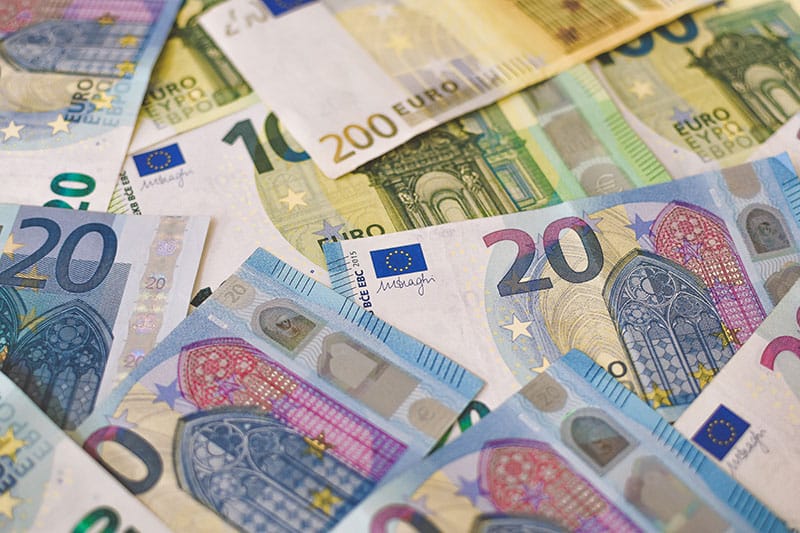Unless you are completely new to France or live in a cave, you may know something about assurance vie, and the fact that they are easily the most popular investment structure for French residents. It is impossible to ignore the advantages, for income tax, capital gains tax, inheritance tax and succession law (unless, of course, you enjoy paying way more tax than you need to).
The fact that they are extremely popular, with so many advantages, makes them vital to all French resident savers, so they are under constant scrutiny, and they have found their way into the sights of one of the French financial regulators, the ACPR (l’Autorité de contrôle prudentiel et de resolution).
The ACPR points to a distinct lack of transparency on charges and that the hidden costs can have a considerable impact on expected performance.
If there is no improvement in transparency, the ACPR, said that they will be forced to act.
To me, they should do so immediately and urgently, as it is very long overdue!
What is so difficult about detailing, in a very simple table, ALL costs associated with an investment? Not doing so shows incompetence, deceit or a mix of the two.
The issue for the typical UK national, living in France, is that many British professional advisers offering advice in France, do not operate under French law, so changes in the French legislation mean nothing, acting with complete impunity. Any French legal changes only work if the company or person you are taking advice from is regulated and authorized in France, thus under French law. I will come back to this point later.
What is the problem with the way charges work on assurance vie and, indeed, all financial products in France?
Only recently, I spoke to a client whose bank insisted that to obtain a mortgage, they had to invest with them. They recommended an assurance vie, which is great, with no upfront fees at all and a management fee of 1%. This is what the client was told, and nothing else. There was a 25-page “book”, which came with the recommendation, all in small text.
In there, I found:
- All funds had a fixed entry fee of 2% (incredible as it was the bank’s own funds)
- The frais courants (total annual cost) was an average of 2.88% per year
- An exit fee of up to 8%, reducing year on year after eight years
This meant total costs of around 4% per year, indeed 6% in year one.
The result is a gross return of 5%, therefore, meant a net of just 1% (from year two).
This is very different from the free entry and 1% per year promised.
Let us also consider that this is with absolutely no initial or ongoing financial advice, so no help or aid and indeed no liability or comeback on the seller.
What about the direct internet companies offering super low costs? These companies offer everything for free, or almost free… don’t they?
It is vital to understand that this costing relates to set-up and ongoing annual charges for the assurance vie structure itself; the assurance vie structure being what we would commonly describe as a wrapper. One then has to consider what is held within the wrapper, thus the funds inside.
From these companies, we have seen internal fund charges of over 3% per year!
The point to understand is that these charges are, in most cases, not being disclosed or at least deliberately hidden.
It is very important that this does not put you off, however, it should make you beware and aware of how to avoid any nasty surprises. We have covered the problem; now to the solution:
Take appropriate French-qualified Independent Financial Advice
It makes sense to get professional advice anyway.
In France, legally, this “independence” must be clearly stated in their terms and conditions.
Under French law, no incentives may legally be taken (so zero commission), all costs specifically stated, and importantly, that they are legally liable.
This may sound completely obvious, however, do make sure that the advice is independent in the country you are in, so France. We have seen international financial advisers make the claim of independence based on their position in other countries and not France, so please, make no assumptions and ask for evidence!
Ask for a DICI
This is a Document d’information clé pour l’investisseur and should be given for all funds being suggested.
These are the same as a KIID (Key Investor Information Document) in the UK. Look for frais and frais courants, which are the total annual costs of the fund. The entry cost or frais d’entrée will also show.
Read Everything in Detail
Just look for costs that do not make sense and challenge anything that was not explained. If they tell you a charge does not apply, get it in writing before signing anything.
In Summary
Taking French independent advice ensures that you get things set up correctly in a way that works for you as a French resident. Furthermore, you will know precisely what you are paying and to whom.
Take charge of your charges!
This article was first published in the Connexion February 2023

